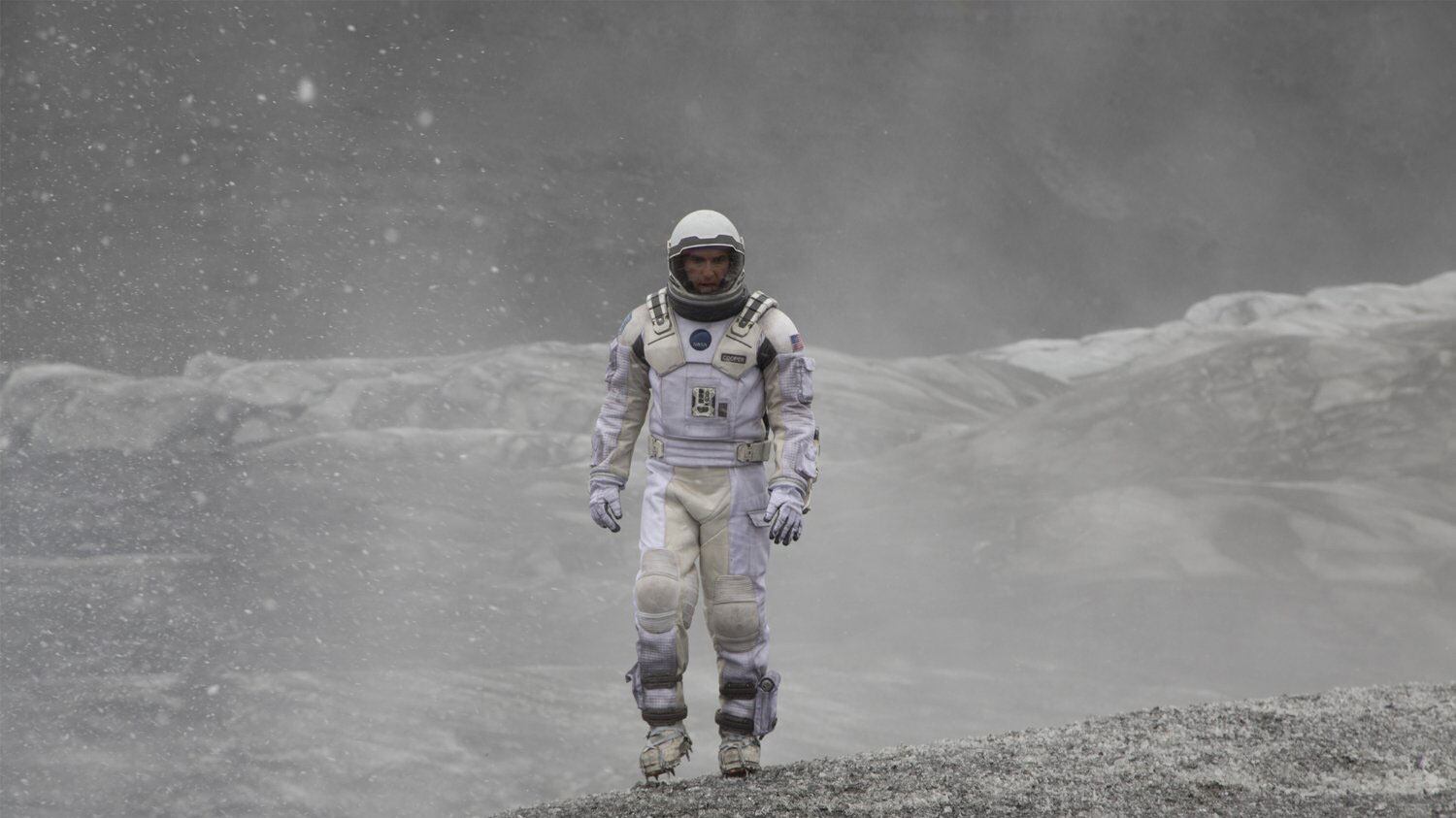Spartacus,Stanley Kubrick's 1960 ancient historical epic, isn't a particularly good movie. It follows its eponymous hero (Kirk Douglas), a slave who leads a doomed rebellion against an evil Roman Republic slowly sliding into tyranny. The film is more than three hours long, and much of it is consumed by extended shots at dusty army camps and long visits to the Senate house. Douglas is an uninspiring lead, hamming it up while slathered in enough bronzer to look like a giant raisin. The film's homoerotic overtones have aged to goofy camp effect. Outside of Peter Ustinov's Best Supporting Actor Oscar-winning comic performance as a slimy slave trader, watching Spartacus on TV or a laptop would be excruciating.
But watching Spartacus on 70 mm film was one of the most memorable cinematic experiences of my life. In a December screening at the packed Hollywood Theatre, every detail exploded from the screen. The audience drank in Kubrick's eccentric, meticulously constructed scenes of slaves toiling, children running around camps and senators debating in bathhouses. The film's battles were as dense and luxuriant as every wrinkle creasing Douglas' golden, gently sagging pecs. Spartacus is film made velvet when watched in its intended format, the visual equivalent of driving a sports car while devouring an ice-cream sundae.
RELATED: Dan Halsted's new program comes with a message: you aren't safe under Trump.
To put it plainly, if you give the slightest shit about movies and haven't seen a film on 70 mm, you're missing out. Which makes this weekend's sci-fi program at the Hollywood a must-see experience.
The 70 mm format is beloved by cinephiles because it's the rarest and highest quality film experience that exists. With a wider aspect ratio than both digital and 35 mm film, it boasts a resolution that blows modern technology out of the water, landing somewhere between 8 and 18K, depending on whom you talk to.
"Last year, for our 90th birthday, we did a lot of the more classic 70 mm stuff—West Side Story, Lawrence of Arabia and 2001: A Space Odyssey—the movies people really associated with that format," says Dan Halsted, head of programming at the Hollywood. "I wanted to show more genre titles available in the format, and I thought a sci-fi weekend would be cool."
Beginning Friday evening, 70 mm is back at the Hollywood. This program features two classics, Ivan Reitman's Ghostbusters and Steven Lisberger's Tron, and one of the rare contemporary features shot on 70 mm film, Christopher Nolan's Interstellar, in anticipation of Nolan's new film, Dunkirk, which the Hollywood will open in 70 mm in July.
"I wanted to do Interstellar, which came out before we had 70 mm," says Halsted. "That was when I said, 'All right, we have to install this and figure it out so we can't ever let anything like this pass us by again.' Which worked out, because we did it in time for [Quentin Tarantino's 70 mm neo-Western] The Hateful Eight."
The Hollywood regained its 70 mm capability in 2015, after a pledge drive raised $15,000 to finance tracking down the rare parts needed for the film projectors. "[Seventy-millimeter film] hadn't been shown here since the mid-'80s, and all the parts were gone," explains Halsted. "So I had to go out and find them piece by piece from film collectors, technicians, weirdos that have stuff stored away in their basements. None of those parts have been manufactured since the '60s, so it took a few months to find everything."
The drive raised enough money for the Hollywood to retrofit its sound system to handle magnetic soundtracks, an analog audio format beloved by A/V geeks that often appears on older 70 mm prints (the prints of Tron and Ghostbusters feature magnetic soundtracks). "We installed extra speakers behind the screen because magnetic uses five screen channels," adds Halsted. "There are maybe two dozen theaters across the country that can run 70. But only a couple of them, less than a dozen I'd guess, can run magnetic sound."
The Hollywood added extra screenings of all three of this weekend's films after the first scheduled screenings presold out. Halsted believes the rest will sell out at the door as well. "I never expected people to be that excited about it," he says. "When we brought it back for 2001: A Space Odyssey, we only booked one show, and it sold out right away. We booked five more shows for that weekend, and they all sold out. People fly in from around the world when we show 70."
"Seventy-millimeter is the polar opposite from how people are watching movies now," says Halsted. "They're watching them on their phone or laptop, and the movie has no impact on you whatsoever. People are not even paying attention to it, they're doing five other things, they're watching it over the course of multiple days. So, 70 mm is the polar opposite of that: a phenomenal presentation and experience where you're fully immersed in the movie. It's the best visual presentation you can have, digital can't touch it, and the audio is the best."
SEE IT: Hollywood Theatre's 70 mm weekend begins Friday, April 7. Visit hollywoodtheatre.org for movie times and tickets.
